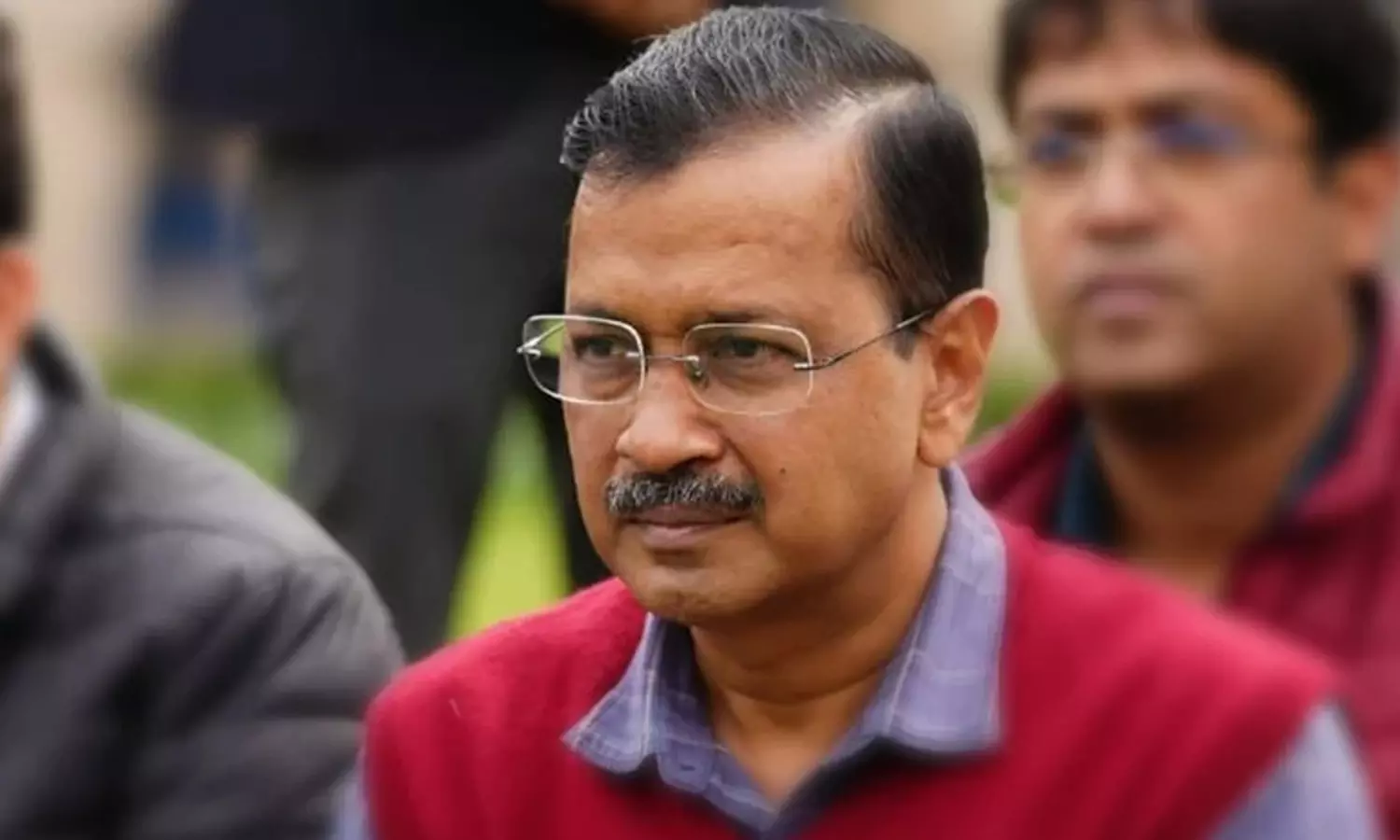Delhi High Court Rejects Plea Against Arvind Kejriwal’s Arrest in Money Laundering Case, Deeming it Inadmissible. The court cited Kejriwal’s capability to engage in legal proceedings. The plea’s request for the Centre to inform the Election Commission during the model code of conduct was criticized for misunderstanding legal principles.
This court finds that the current writ petition challenging the arrest of the national convenor of AAP is not admissible, as the individual is in judicial custody based on judicial directives, which are beyond the scope of this petition. Despite the clear references to the individual’s political position, the petition fails to mention the person by name,” stated a bench comprising acting Chief Justice Manmohan and Justice Manmeet PS Arora.
Although the order was issued on May 1, the detailed verdict became available on Friday. The high court deemed the petition devoid of merit, branding it “frivolous” and suggesting it was filed for publicity. Dismissing the petition, the bench asserted that petitioner Amarjeet Gupta, a law student, lacks the legal standing to seek relief for the arrested individual.
The court noted that a similar public interest litigation (PIL) was previously dismissed with costs by the court, as the petitioner lacked the necessary standing to seek relief regarding criminal proceedings against Kejriwal.
The high court emphasized that according to the law, any individual arrested by a law enforcement agency must be presented before the nearest magistrate within 24 hours of arrest. Further detention is only permissible with the magistrate’s orders.
“In the case described in the petition, the individual in question (referring to Kejriwal) was arrested and duly presented before the appropriate court. He remains in judicial custody based on court orders. Therefore, the request for separate information to the ECI lacks justification and undermines existing legal safeguards,” stated the court.
Regarding the plea to the ECI for establishing a policy allowing arrested undertrial political leaders or candidates to campaign virtually during elections, the bench remarked that it overlooked the existing regulations outlined in the jail manual governing the rights of undertrials.
“It is a well-established principle that courts refrain from issuing legislative directives unless there is a legislative void. The petition demonstrates ignorance of the separation of powers doctrine and seeks directives of a legislative nature, surpassing the jurisdiction of judicial review. Furthermore, the ECI lacks authority over the rights of undertrials in judicial custody,” stated the bench.
Although inclined to impose costs on the petitioner, the court noted the student status of Gupta, prompting his counsel to request exemption from costs. In dismissing the petition to permit arrested political leaders to campaign virtually for the Lok Sabha polls, the high court expressed concerns that such a provision might enable notorious criminals, including Dawood Ibrahim, to affiliate with political parties and engage in canvassing.
The petitioner cited dissatisfaction with the timing of politicians’ arrests, particularly that of the AAP national convener, following the enforcement of the MCC upon the EC’s announcement of the Lok Sabha polls schedule on March 16.
Kejriwal was apprehended by the Enforcement Directorate in connection with a money laundering case linked to the Delhi excise policy on March 21.
The petition argued that Gupta was troubled by the notion that voters are unable to exercise their fundamental right to access information under Article 19(1)(a) of the Constitution from politicians in custody, as they are unable to witness election campaigning.
“It also highlights that leaders of political parties are denied their constitutionally protected fundamental and legal right to campaign during elections,” the petition stated.







